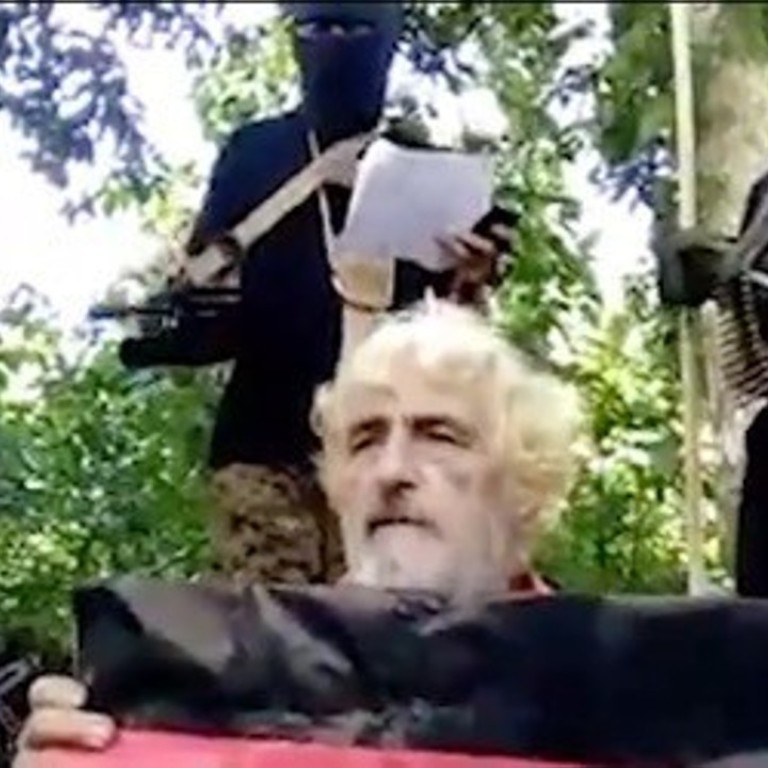
Asean forum to push social media use in fight against extremism
More than two dozen Asian countries will agree to use social media to counter the spread of violent extremism in the region, according to a draft statement being prepared ahead of a top security gathering on Monday.
Foreign ministers from the 10-member Association of South East Asian Nations (Asean) and from 17 dialogue partner-countries are expected to create a regional mechanism to address the security threat.
“The ministers expressed strong condemnation of recent acts of terrorism in all its forms and manifestations,” said the draft chairman’s statement seen by Reuters, reflecting discussions expected at the Asean Regional Forum in Manila.
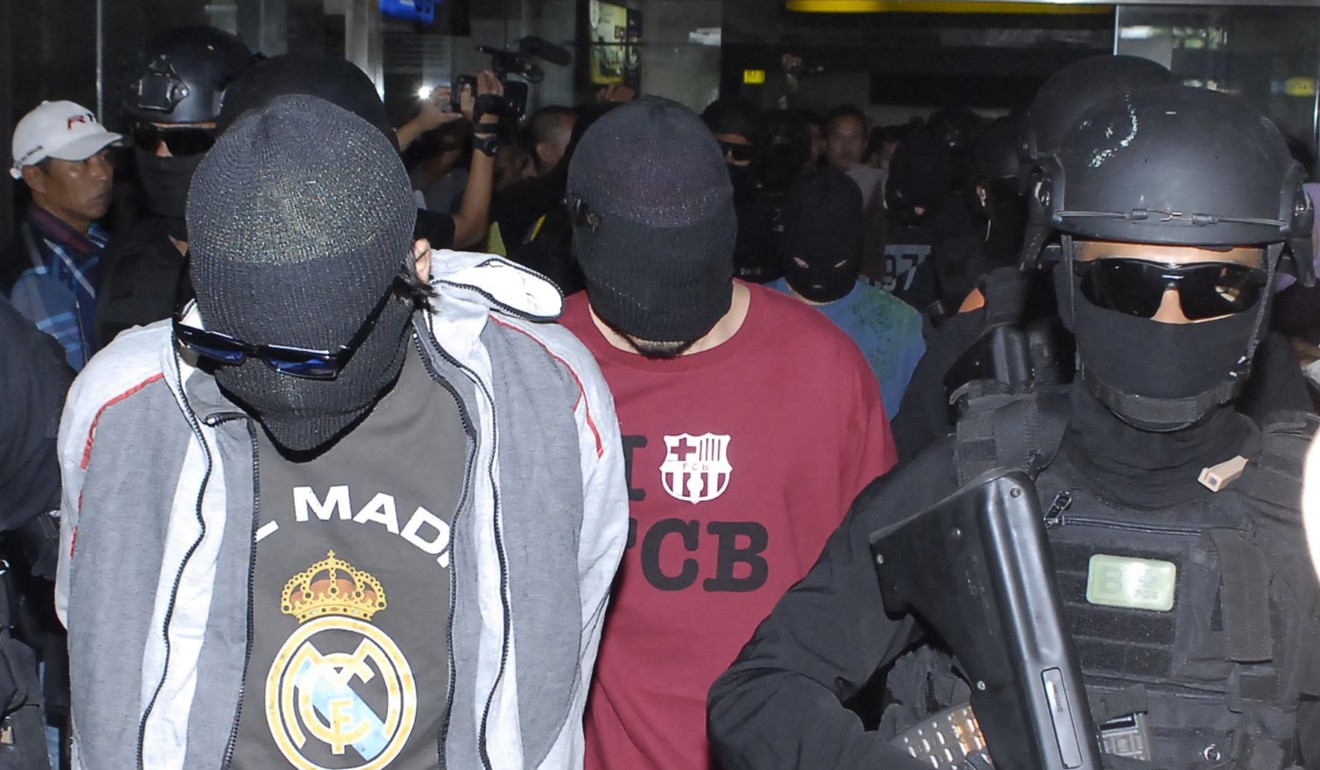
“They also took note of the need to make full and effective use of social media to counter the spread of terrorists’ narratives online.”
The ARF is expected to discuss creating a mechanism to boost efforts on Security of Information Communication Technology, which Japan, Malaysia and Singapore have volunteered to lead.
The Philippines, which is hosting the Asean meetings, is among those most affected.
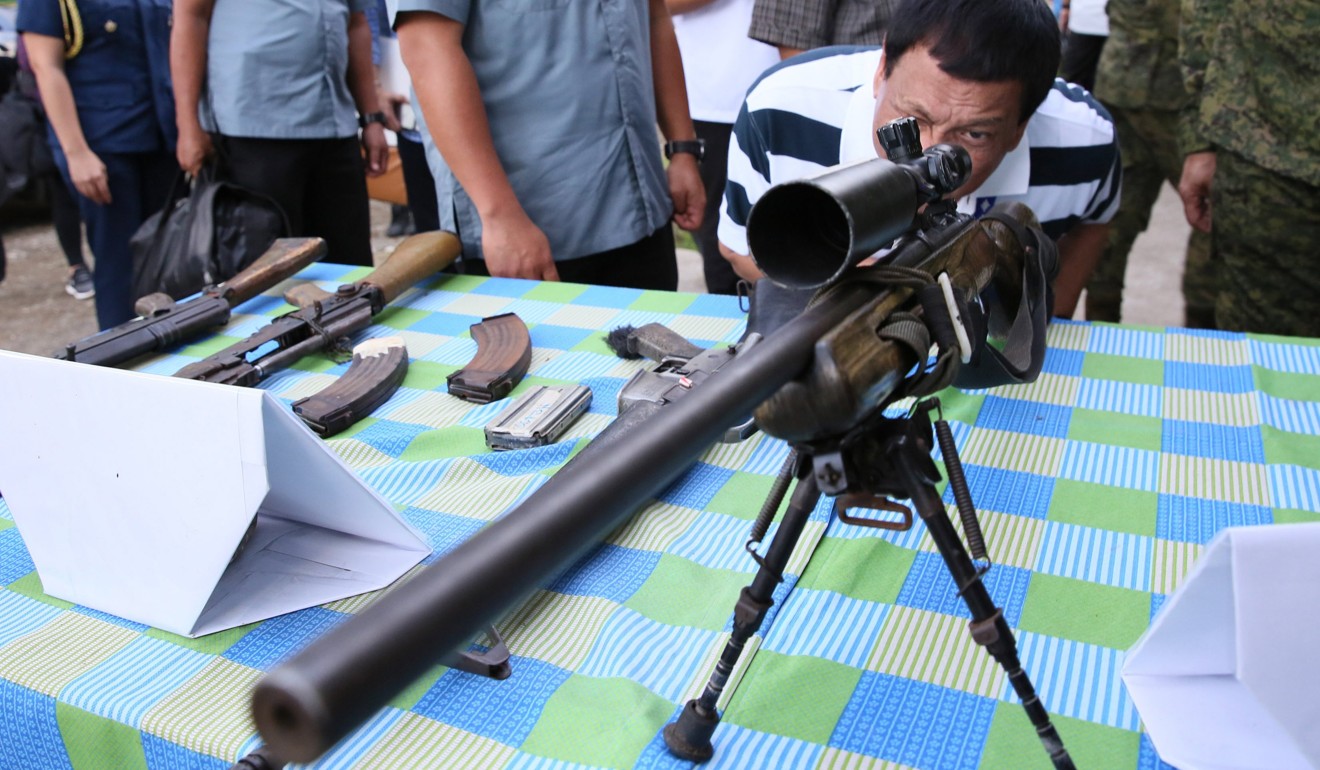
Authorities have said Islamic State’s radical ideology is taking a hold in the country’s south, with local groups using social media as a primary means of recruiting fighters, which include Indonesians, Singaporeans and Malaysians.
Philippine troops have been battling Islamist militants who seized control of parts of the mainly Muslim city of Marawi more than two months ago. Close to 700 people have died and more than 400,000 forced to flee the intense fighting.
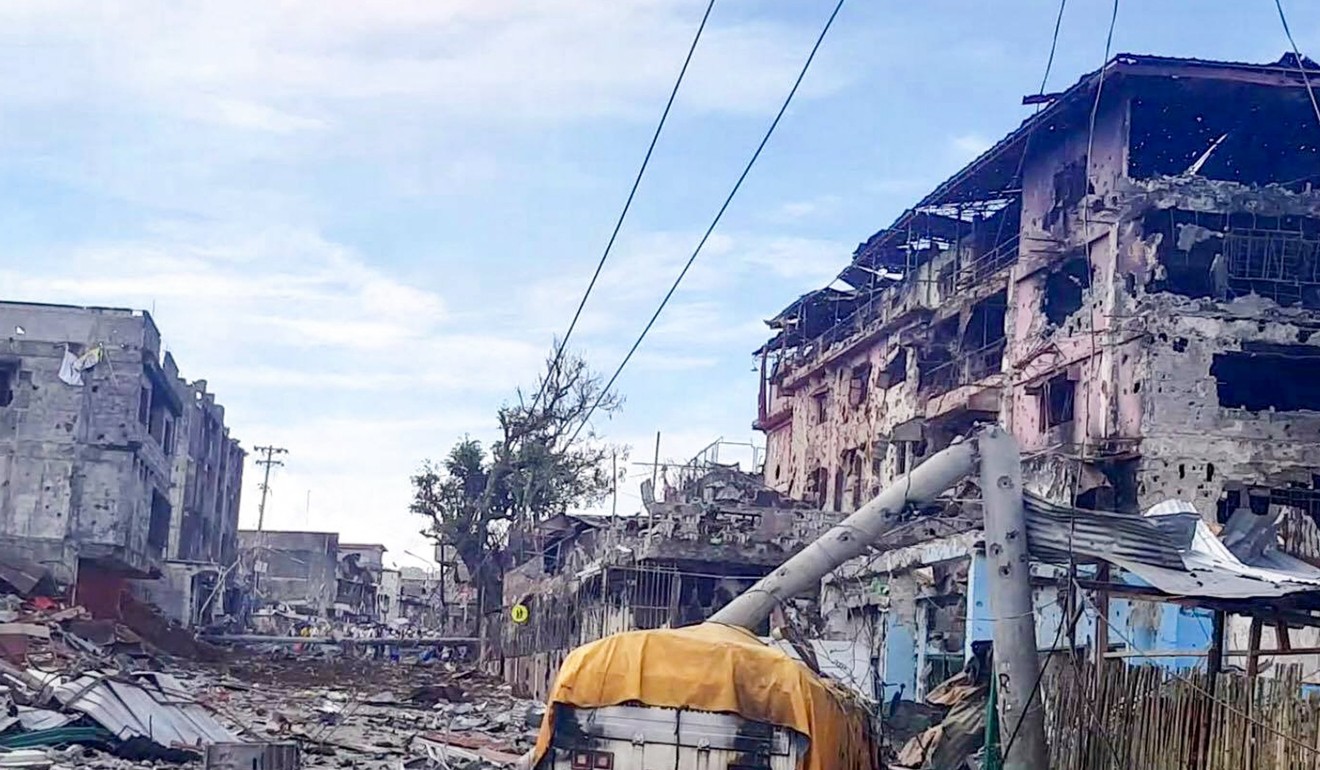
Philippine authorities believe the problem goes beyond Marawi and militants may be preparing to attack other cities.
Asean ministers were ready to act because they have seen how extremists exploited social media to promote their ideology, recruit and inspire attacks, a senior Philippines foreign ministry official familiar with the issue told Reuters.
“They spread violent videos on Twitter and Facebook and communicate through Telegram messaging apps,” he said, adding the ministers decided to counter the threat using those same platforms.
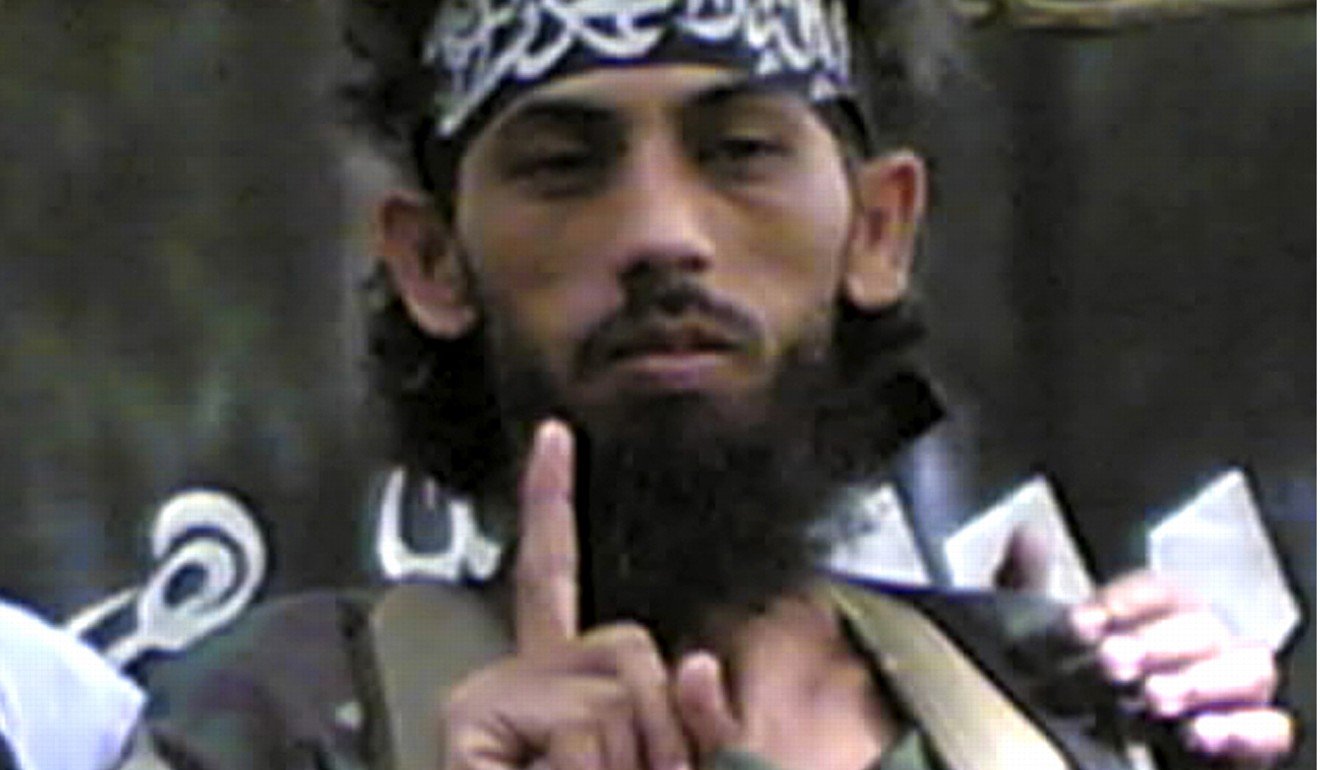
Brigadier-General Restituto Padilla, Philippine military spokesman, said many countries were making progress in that regard but “there is a need for Asean to do more.”
“We can do more beyond the traditional military cooperation,” he said, acknowledging support from Indonesia and Malaysia through information and intelligence exchanges and coordinated maritime border patrols.
“This is a very robust engagement that we wish to increase not only with Indonesia and Malaysia,” he said. “This challenge that we face in Marawi has its effects also in the whole region.”

